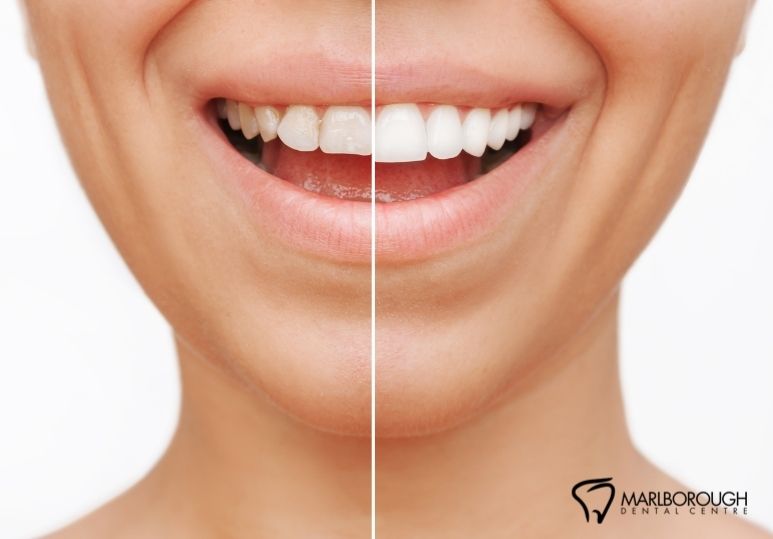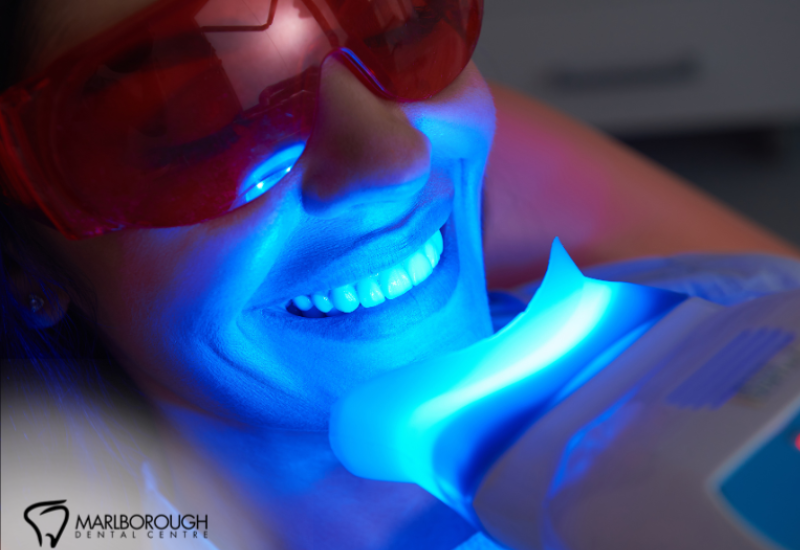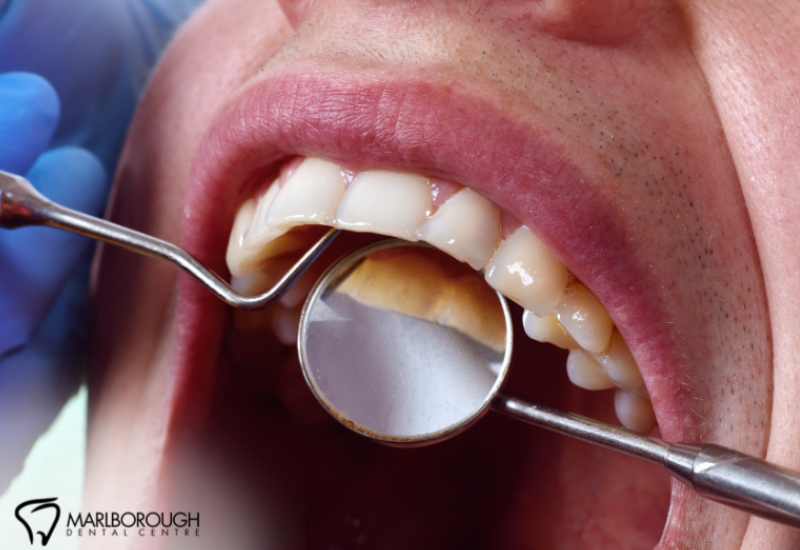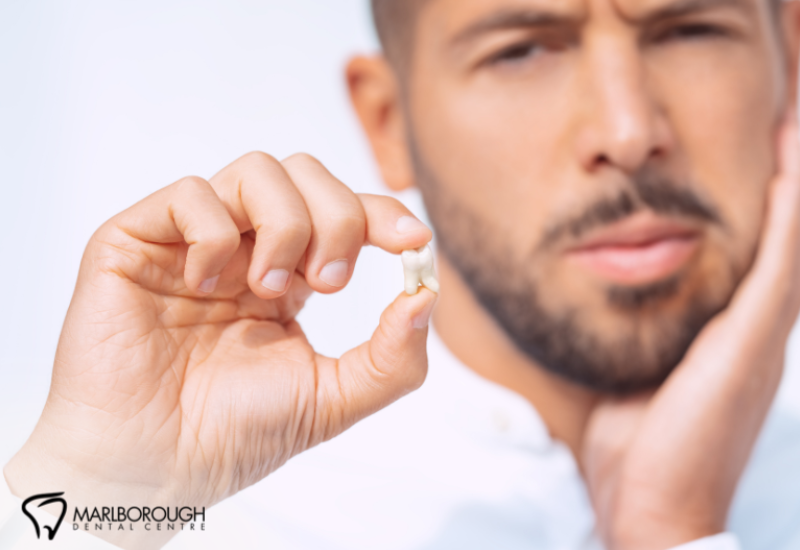In our image-conscious society, the allure of a bright, flawless smile is undeniable. We yearn for that perfect set of teeth, often overlooking the need for overall dental health. Enter dental veneers – the unsung heroes of modern dentistry. These thin porcelain wonders are commonly associated with cosmetic enhancements. Yet, their advantages go far beyond mere aesthetics, offering a blend of beauty and health. Let’s journey through the profound benefits of dental veneers.
A Fresh Start for Damaged Enamel
Our teeth are resilient, but daily habits can wage a silent war on them. Enamel, though robust, has its Achilles heel: it wears down over time. Acidic foods, enthusiastic brushing, or even certain medical conditions can hasten its degradation. Unlike some tissues in our body, once enamel is gone, it's forever. Veneers come to the rescue here. Acting as a protective barrier, they shield our teeth from further harm. This isn't just about covering up worn-out enamel; it's about proactively safeguarding your teeth for the future. It’s a preventative measure that ensures the longevity of your dental health.
Correcting Misalignments and Gaps
Braces are often the go-to solution for misaligned teeth, but they're not the only option. Especially for those who might be hesitant about the prolonged timeline or the noticeable metalwork. Dental veneers offer an efficient alternative. These porcelain shells are meticulously crafted to fit over your existing teeth, making them appear straighter and more uniform. Whether it’s a bothersome gap or a slightly twisted tooth, veneers can address these issues without years of orthodontic work. It's a seamless integration that gifts you with a naturally aligned smile, without the wait.
Reinforcing Weak or Fractured Teeth
Life is unpredictable. From an accidental fall to an unexpected bite into a hard food, our teeth, though strong, can chip or fracture. Beyond the visible damage, there's a deeper concern: the tooth's strength can be compromised, making it more susceptible to further breakage. Veneers play a crucial role here. When bonded to the original tooth, they offer an added layer of strength, akin to a protective armor. Not only do they restore the tooth's appearance, but they also enhance its structural resilience.
Reducing Tooth Sensitivity
Tooth sensitivity can be a persistent hurdle for many, overshadowing the joy of savoring our favorite foods and drinks. The root cause often circles back to the degradation of enamel. As it wears thin, the underlying dentin and its nerve network become more exposed, leading to sensitivity. Veneers can be the game-changer here. By providing a protective overlay, they shield the dentin, minimizing the discomfort associated with hot or cold stimuli. It’s about reintroducing the simple pleasures of life, like enjoying a cold gelato on a hot day, without the accompanying jolt of pain.
While dental veneers have gained popularity as aesthetic enhancers, their comprehensive benefits echo the advancements in dental science and technology. They represent a harmonious blend of cosmetic appeal and functional benefits. In essence, veneers go beyond surface-level beauty, delving into the realm of protective and corrective dental care.
So, if you've been contemplating veneers solely for aesthetic purposes, it's worth pausing and recognizing their multifaceted advantages. They aren't just about beautifying your smile; they're about fortifying it, protecting it, and ensuring its longevity. In the grand tapestry of dental care, veneers are a testament to the idea that beauty and health are inextricably linked. Embracing them is akin to making a holistic investment in your oral health, ensuring that every smile you flash is not just beautiful but strong and healthy too.
Written on behalf of Marlborough Dental Centre.
FAQs
Q: Are veneers painful?
A: The process of getting veneers is generally painless due to local anesthesia. Some sensitivity post-procedure is normal but typically subsides quickly.
Q: How do I care for my veneers?
A: Care for veneers is similar to natural teeth: regular brushing, flossing, and dental check-ups. Avoiding hard foods can also prolong their lifespan.
Q: Can I get a veneer on just one tooth?
A: Absolutely! Veneers can be applied to a single tooth that may be discolored or chipped, ensuring it blends seamlessly with adjacent teeth.




